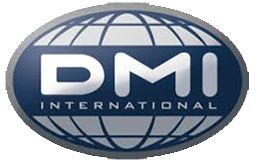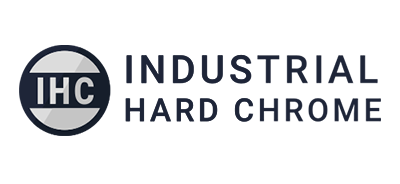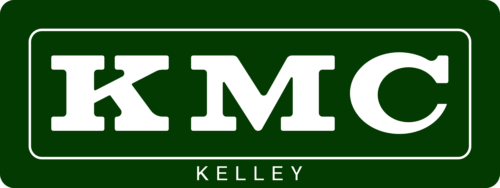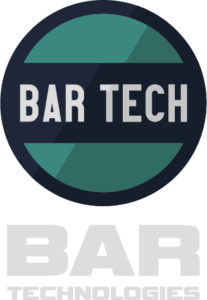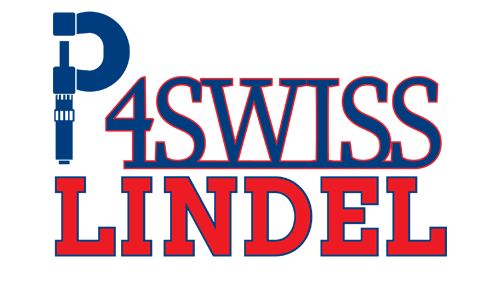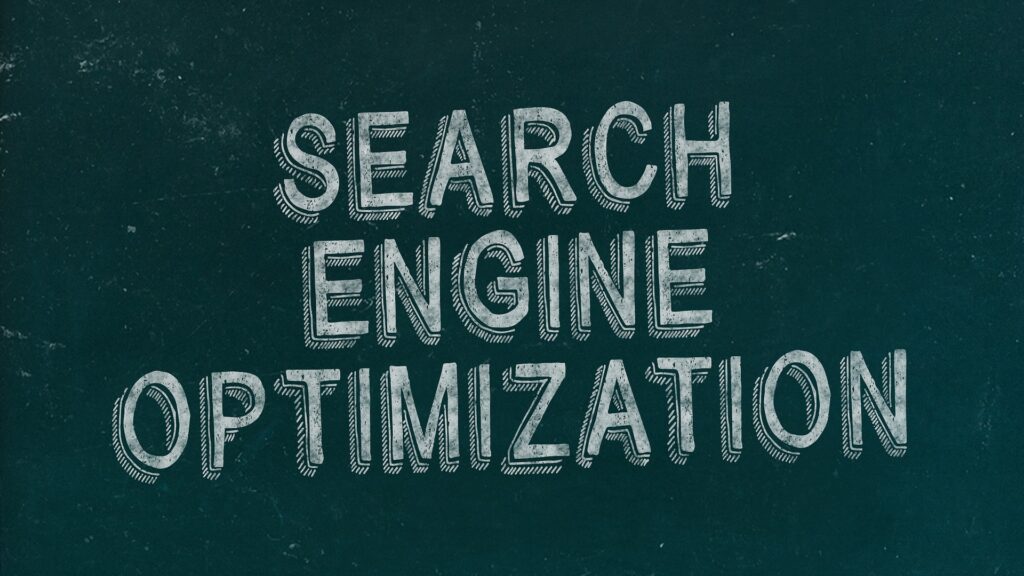AN OUTDATED WEBSITE MAKES YOU LOOK BAD AND COSTS YOU MONEY.
We've created websites and digital marketing plans for manufacturers across North America. We helped them succeed and we can help you too.
Unleashing the Potential of Your Web Presence with a 3-Step Strategy

Schedule a Meeting with Our Team of Specialists
We have a Discovery Session to analyze your current situation and clarify your goals.

We Put Together a Strategic Plan Customized for Your Situation
We recommend 3 solutions and you select the one that is the best fit for you.

We Implement the Plan and Transform Your Web Presence
We implement your plan and transform your web presence into a powerful marketing/sales machine.
It's like having your own internal team of experts
Our team will design and launch an amazing website and implement digital marketing campaigns that will grow your business and leave your competition behind. Let us help you grow with our website services for manufacturers.
Manufacturers turn to Driven Digital when:
- They don’t want to have to explain the manufacturing business to the website team
- Their website messaging is confusing and they want someone that knows how to fix it
- They want to work with an experienced team that can guide them through the process
- They want to partner with a team that is 100% US-based. NO overseas outsourcing
Digital marketing can be frustrating
We get it! Our tried and true methods will guide you through the digital marketing confusion and get you the results you deserve. We have complete transparency and bi-weekly "accountability" meetings, so you are always on top of your digital marketing strategy.
Your website is crucial to your success
When your business's success is at stake, don't take any chances. Work with our team of experts with years of manufacturer website building experience. We analyze your needs and develop a website strategy to build a high-impact website that will distinguish you from the competition.
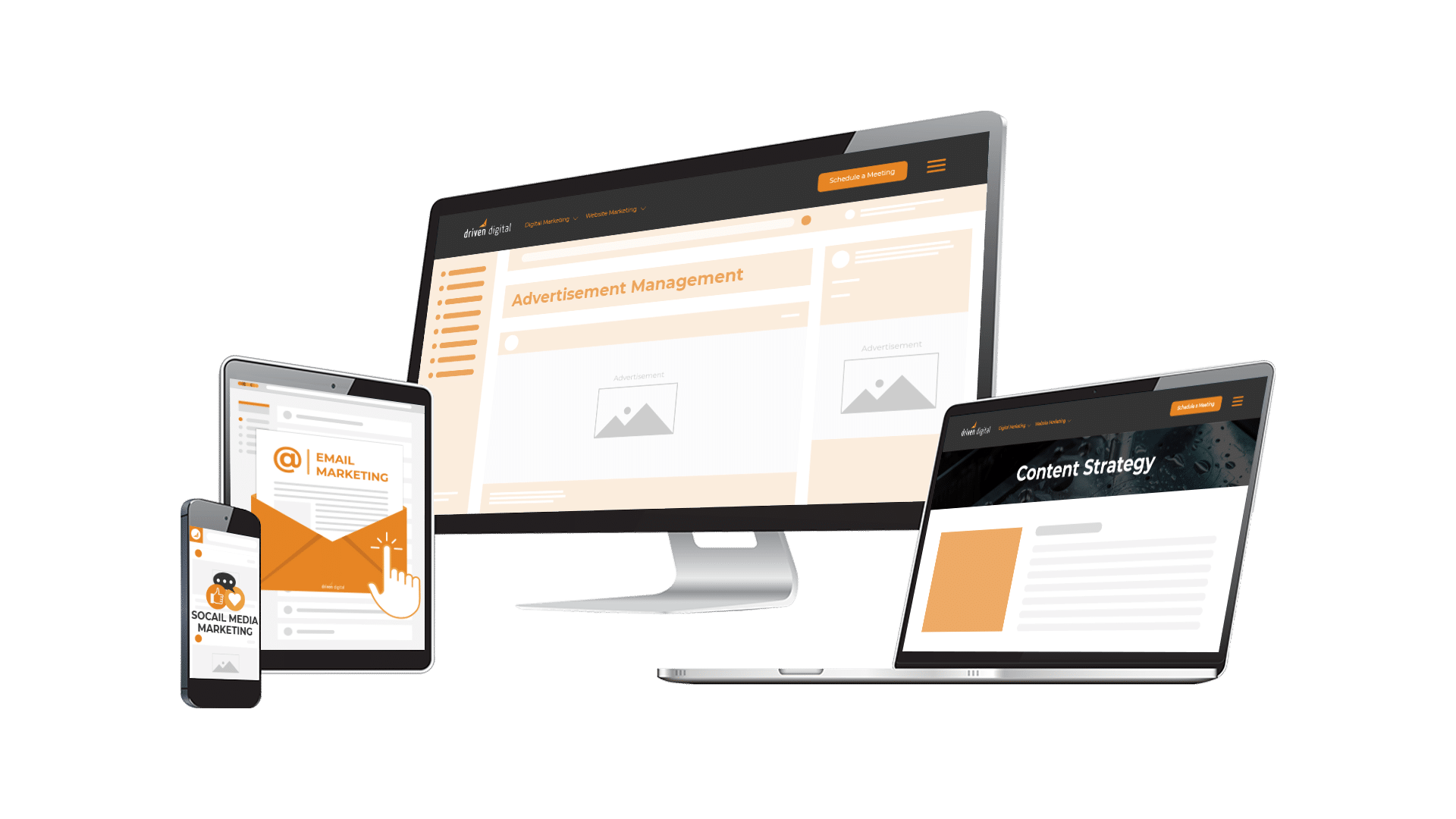
Driven Digital
Where Manufacturing Meets Marketing Excellence!
At Driven Digital, we believe that the world of manufacturing and digital marketing are two sides of the same coin. We specialize in digital marketing strategies for manufacturers, fusing industry knowledge with marketing savvy to boost your bottom line.
Why Us
We understand the unique challenges that manufacturers face in the digital era. Whether it's showcasing your products at trade shows or navigating the online landscape, we've got you covered. Our team brings together the best of both worlds, combining hands-on manufacturing experience with expert digital marketing tactics.
Marketing Services
Inbound Marketing: Let potential customers come to you! Our inbound marketing techniques will draw interested parties directly to your website. Through compelling blog posts tailored to your buyer persona, we make sure you're not just getting traffic but the *right* traffic.
Marketing Automation: Streamline your marketing processes. From sending timely emails to managing your social media channels, our marketing automation services ensure that your message is consistent, impactful, and efficient.
Trade Show Marketing: Maximize your presence and ROI at trade shows. With our expertise, we ensure you stand out from the crowd and make lasting impressions.
Case Studies
Our pride is in our results. Dive into our extensive collection of case studies to see how we've transformed the digital presence of manufacturers like you. Learn how tweaking conversion rates or adjusting strategies can lead to significant gains.
Blog
Stay updated with the latest in manufacturing marketing. Our blog posts delve deep into the latest trends, tips, and insights. From understanding your buyer persona to leveraging the most effective digital marketing tactics, our blog is your go-to resource.
Contact Us
Ready to elevate your marketing game? Let's talk strategies, goals, and how we can impact your bottom line together. Reach out to us and let's embark on a journey to redefine what marketing means for manufacturers.
Driven Digital: Pioneering Digital Marketing Strategies for Manufacturers. Connecting, Converting, and Crafting Success Stories.
Driven Digital
Website Master Developers
A weak website makes your competitor look strong. To ramp up your online presence, you need a solid website strategy and team that can make it happen. Over the years, we've developed a 4-step website development system that is proven to work. We got this!
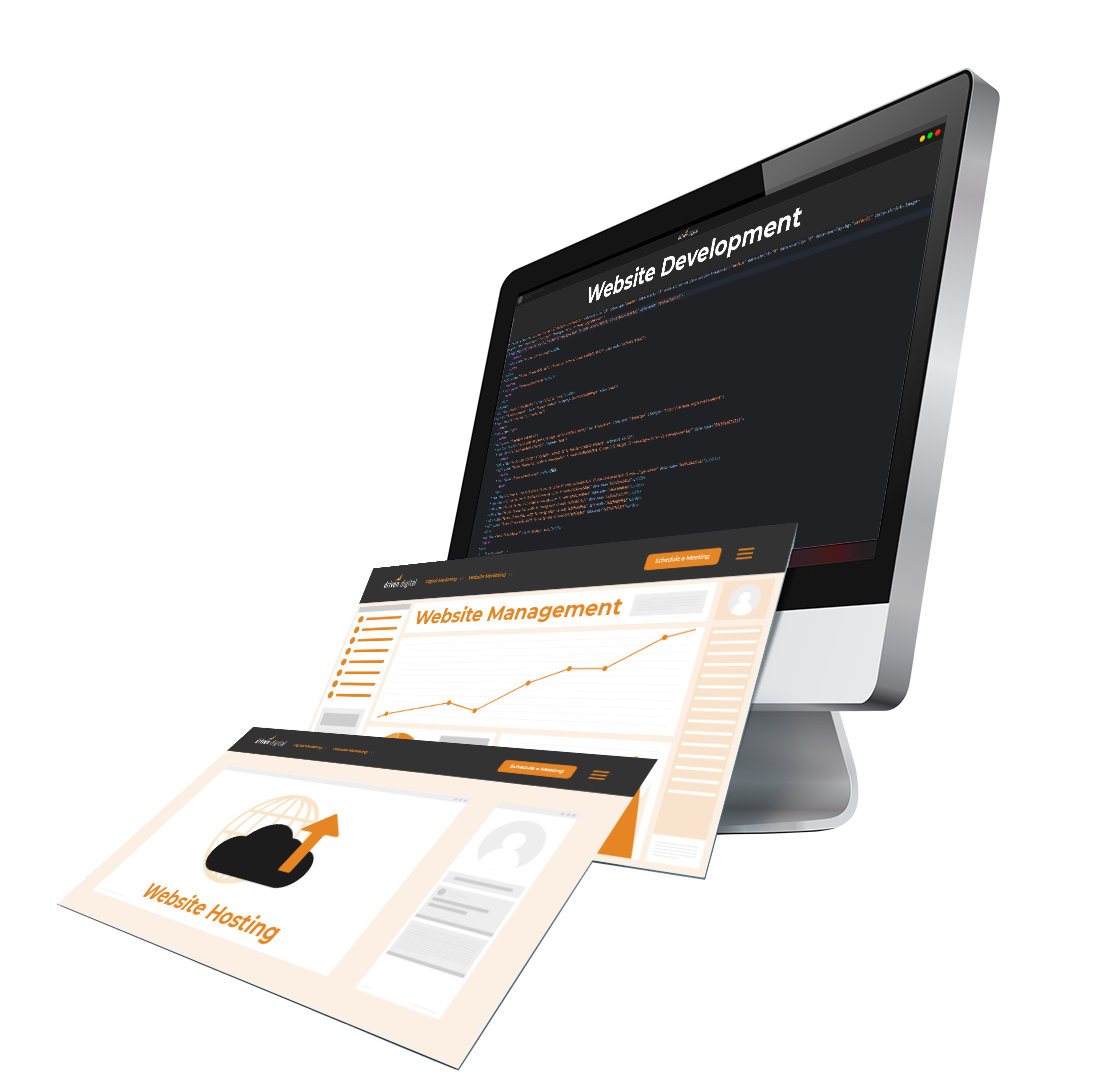
Driven Digital
See what our clients have to say about us!
Driven Digital
Stay Up To Date
Stay up to date with the latest manufacturing blogs and information for manufacturing websites!
